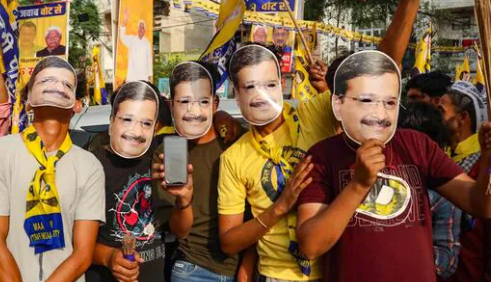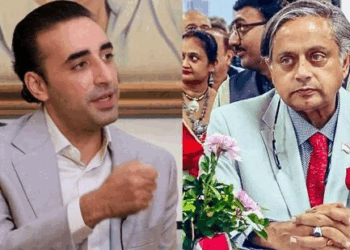In a significant development, the Enforcement Directorate (ED) has once again opposed the bail plea of former Delhi Chief Minister Arvind Kejriwal, just on the eve of the highly anticipated verdict in the Delhi Excise Policy case. The move comes amidst heightened scrutiny and speculation surrounding the controversial case, which has kept the political landscape of the capital in a state of flux.
Arvind Kejriwal, the prominent leader of the Aam Aadmi Party (AAP), has been under the ED’s radar for his alleged involvement in irregularities pertaining to the Delhi Excise Policy during his tenure as the Chief Minister. The case has been a focal point of political debate and legal proceedings, with both sides presenting arguments and evidence to support their claims.
The ED’s decision to oppose Kejriwal’s bail plea once again adds a new layer of complexity to an already intricate legal saga. The agency contends that Kejriwal’s release could potentially hamper ongoing investigations and pose a flight risk, emphasizing the need for his continued detention.
Meanwhile, supporters of Kejriwal have decried the ED’s stance, labelling it as politically motivated and an attempt to undermine the principles of justice. They argue that Kejriwal has cooperated fully with the authorities and that his detention serves no purpose other than to stifle dissent and harass political opponents.
The timing of the ED’s move is particularly noteworthy, coming just ahead of the anticipated verdict in the Delhi Excise Policy case. As the capital braces itself for the outcome of the trial, the decision regarding Kejriwal’s bail assumes heightened significance and could potentially influence public perception of the case.
With political tensions running high and the spotlight firmly fixed on the proceedings, the Delhi Excise Policy case continues to be a contentious issue that has far-reaching implications for the political landscape of the capital.








 India
India












